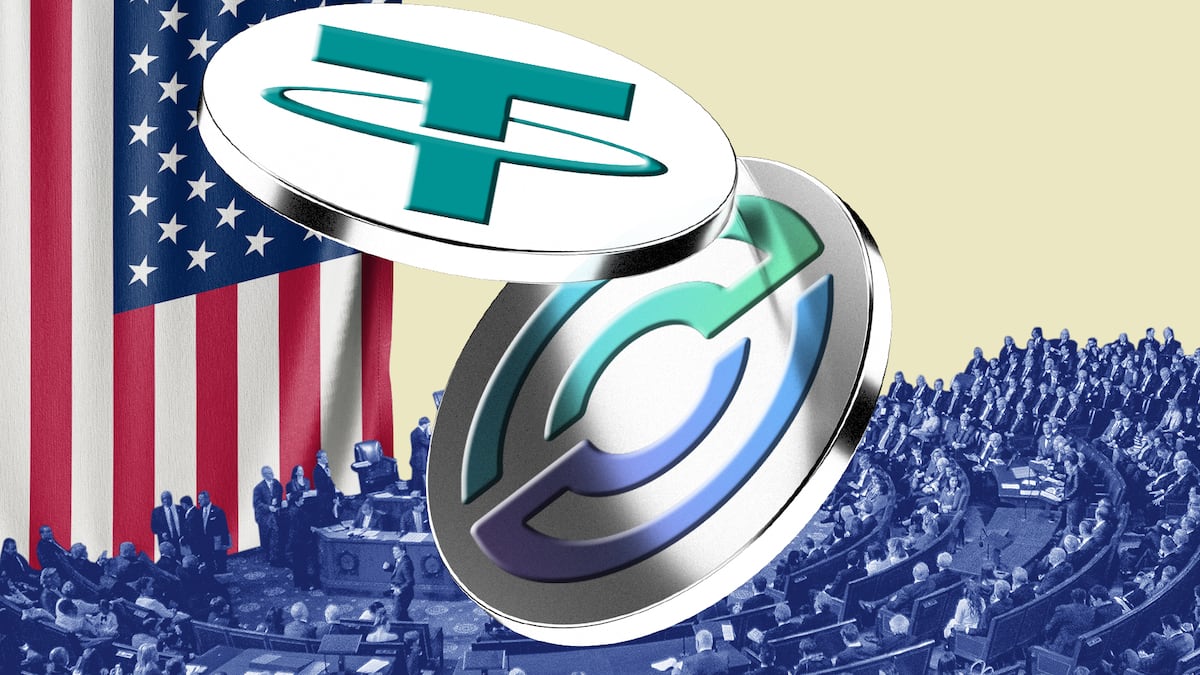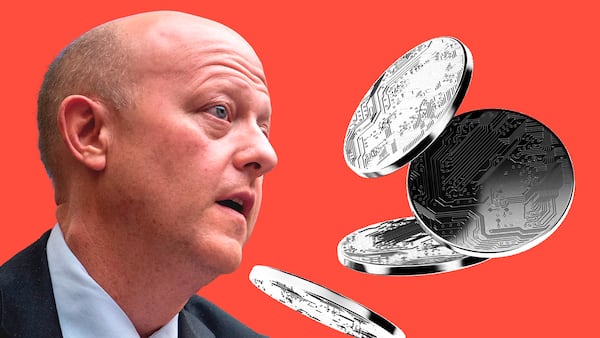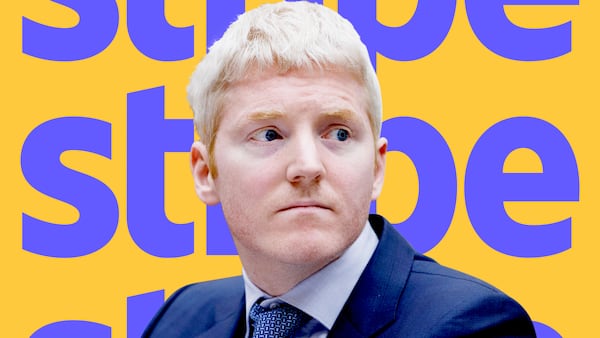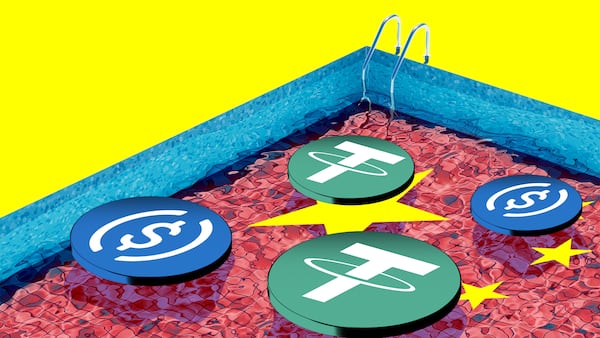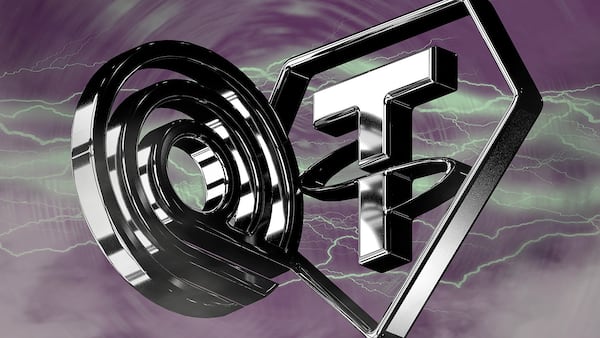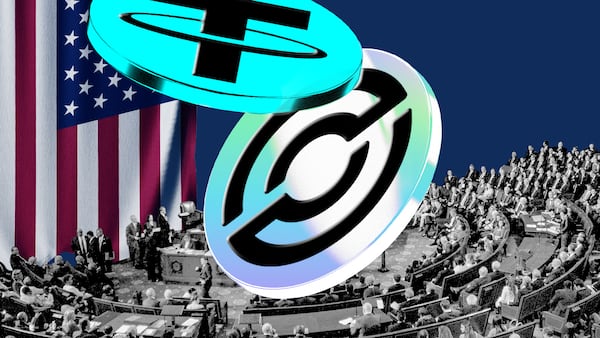- Donald Trump wants the bill on his desk pronto.
- The House's Stable Act may have to be reconciled with the Genius Act.
- The House bill is stricter than the Senate one.
A version of this story appeared in our The Guidance newsletter on June 23. Sign up here.
Seven weeks.
That’s how long Congress has to pass the Genius Act before it adjourns for the month-long summer recess.
And Donald Trump is impatient.
Last week the crypto-loving president directed Republican members of the House of Representatives to quickly approve the landmark stablecoin legislation that just won bipartisan passage in the Senate.
“Get it to my desk ASAP,” Trump posted on Truth Social. “No delays, no add-ons.”
The Genius Act, which would set rules and regulations for the issuers of US dollar-backed stablecoins, has been fast tracked through the Senate.
While crypto leaders have hailed the act as a “once in a generation” development, there is an issue — the House is considering its own bill, which is known as the Stable Act.
So what happens next is a bit fuzzy.
Reconciliation
Will the House set aside its own legislation and simply adopt and pass the Genius Act and get it to Trump’s desk by August?
Or, will House members press on with their own measure and then enter a “reconciliation process” with their Senate colleagues on a joint bill?
If it’s the latter, lawmakers will have to sort out key differences between the two bills.
In general terms, the Senate bill is less restrictive than the House version.
The Genius Act permits stablecoin issuers with market values less than $10 billion to opt for regulation by state officials rather than the federal government.
Some states tend to be less onerous in their supervision than Washington.
Companies with stablecoins worth more than $10 billion are to be regulated by the Federal Reserve and the Office of the Comptroller of the Currency.
FinCEN’s role
The House version, on the other hand, is leaning more toward federal oversight, though states may have a role, and the bill requires issuers to be regulated like banks.
Moreover, the Stable Act would require the Financial Crimes Enforcement Network, or FinCEN, to work with regulators on applying the Bank Secrecy Act to issuers, according to analysis by Arnold & Porter, a global law firm.
This is a big deal because the Bank Secrecy Act is the law that mandates know-your-customer and anti-money laundering requirements. It was invoked by prosecutors in the $4.5 billion criminal case with Binance and its founder, Changpeng Zhao.
The Genius Act does not mandate a role for FinCEN.
No algo coins
The House version also prohibits algorithmic stablecoins for a two-year moratorium. Algorithmic stablecoins are tokens that aren’t necessarily backed by the US dollar but by other types of assets, including other cryptocurrencies.
They have been treated with wariness ever since Terra Labs’ algorithmic stablecoin cratered in May 2022 and triggered the $40 billion collapse of the DeFi network.
The bottom line is that getting a bill both houses in Congress agree on is not going to be easy in seven weeks.
Yet over the next few days, we may get a sense of which direction House leaders plan to move in: Will they embrace the Senate bill or insist on one of their own?
Edward Robinsonis the story editor forDL News. Contact the author ated@dlnews.com.


